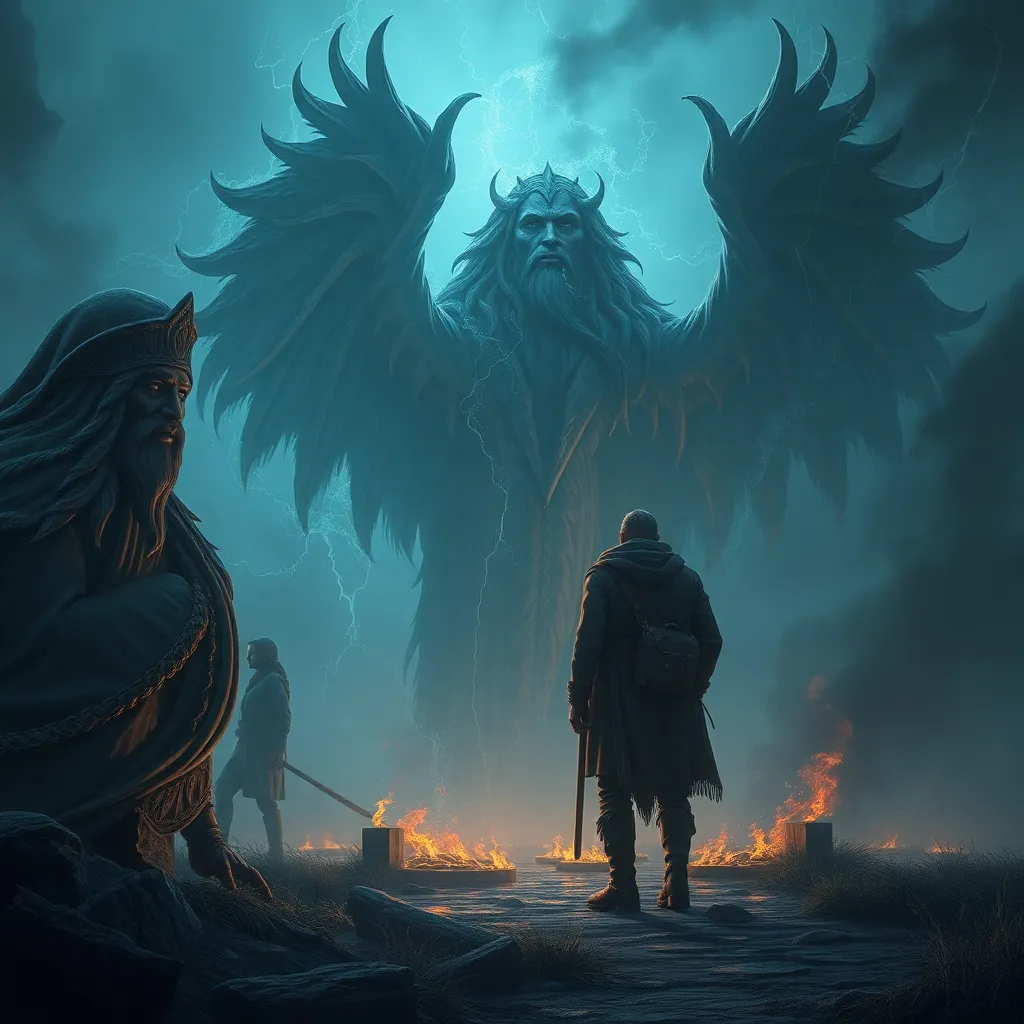Common Themes in Norse Mythology Stories
Norse mythology is rich with intriguing tales, gods, heroes, and mythical creatures that have sparked interest and captivated audiences for centuries. Throughout these ancient narratives, several common themes emerge, providing valuable insights into the beliefs and values of the Norse people. Let’s delve into some of the recurring themes found in Norse mythology stories:
1. The Concept of Fate and Destiny
In Norse mythology, there is a strong belief in destiny and the idea that fate is predetermined. The concept of wyrd, which is often depicted as a web woven by the Norns, the Norse equivalent of the Fates, plays a significant role in shaping the lives of both gods and mortals. This theme of fate underscores the sense of inevitability and the idea that individuals must fulfill their preordained destinies.
2. The Eternal Struggle of Good vs. Evil
A prominent theme in Norse mythology is the eternal conflict between forces of good and evil. The gods, such as Odin, Thor, and Freyr, represent the forces of order, justice, and protection, while adversaries like Loki, Fenrir, and Jormungandr embody chaos, destruction, and threat. This perpetual battle between the forces of good and evil is central to many Norse myths and sagas.
3. The Cycle of Life, Death, and Rebirth
Norse mythology is deeply rooted in the cycle of life, death, and rebirth. The belief in an afterlife, particularly in realms like Valhalla or Hel, reflects the Norse understanding of existence as a continuous cycle of living, dying, and being reborn. This theme underscores the interconnectedness of all life and the cyclical nature of the universe.
4. Honor, Loyalty, and Sacrifice
Another prevalent theme in Norse mythology is the importance of honor, loyalty, and sacrifice. Heroes like Sigurd, Beowulf, and Ragnar Lothbrok exemplify these values through their courageous deeds, unwavering loyalty to their kin and comrades, and willingness to sacrifice for the greater good. These virtues are celebrated in Norse sagas as essential characteristics of noble individuals.
Overall, Norse mythology stories offer a glimpse into a complex and compelling belief system that values fate, justice, cycles of existence, and heroic ideals. Exploring these common themes can provide a deeper understanding of the cultural and spiritual values of the ancient Norse civilization.
FAQ about Common Themes in Norse Mythology Stories
What are some common themes in Norse mythology stories?
In Norse mythology, common themes include the eternal battle between gods and giants, the importance of fate and destiny, the concept of the afterlife in realms like Valhalla and Hel, and the continuous cycle of creation and destruction known as Ragnarok.
How do Norse mythology stories reflect the values of the culture?
Norse mythology stories often reflect the values of courage, honor, loyalty, and the inevitability of death. These tales emphasize the importance of bravery in the face of adversity and the idea of embracing one’s fate with dignity.
Are there specific symbols or motifs that frequently appear in Norse mythology?
Yes, Norse mythology is rich in symbols and motifs such as Yggdrasil, the World Tree, which connects the nine realms of existence; Mjölnir, Thor’s hammer symbolizing protection and power; and the Valknut, a symbol associated with Odin representing the slain warriors taken to Valhalla.


